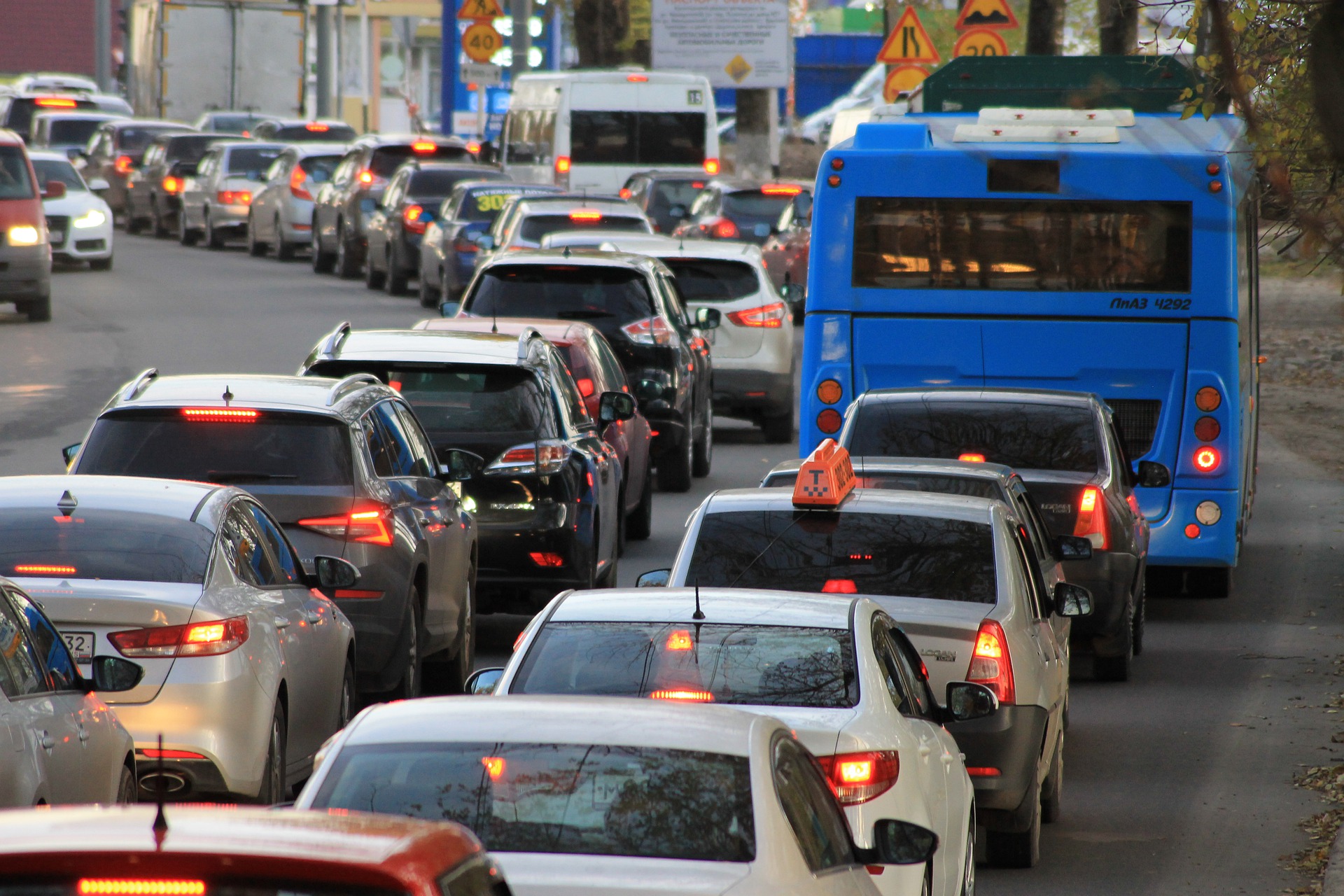News release
From:
A paradox of traffic and extra cars in a city as a collective behaviour
People often decide to use a car instead of walking or cycling or using public transport to minimise their commuting time. However, they face congested avenues and traffic during rush hour due to the cost that drivers impose on others. In the worst-case scenario, because of traffic and the collective decision-making process, a city might observe the highest commuting times and an excess of cars even if, paradoxically, everyone is trying to minimise their own time.



 International
International



